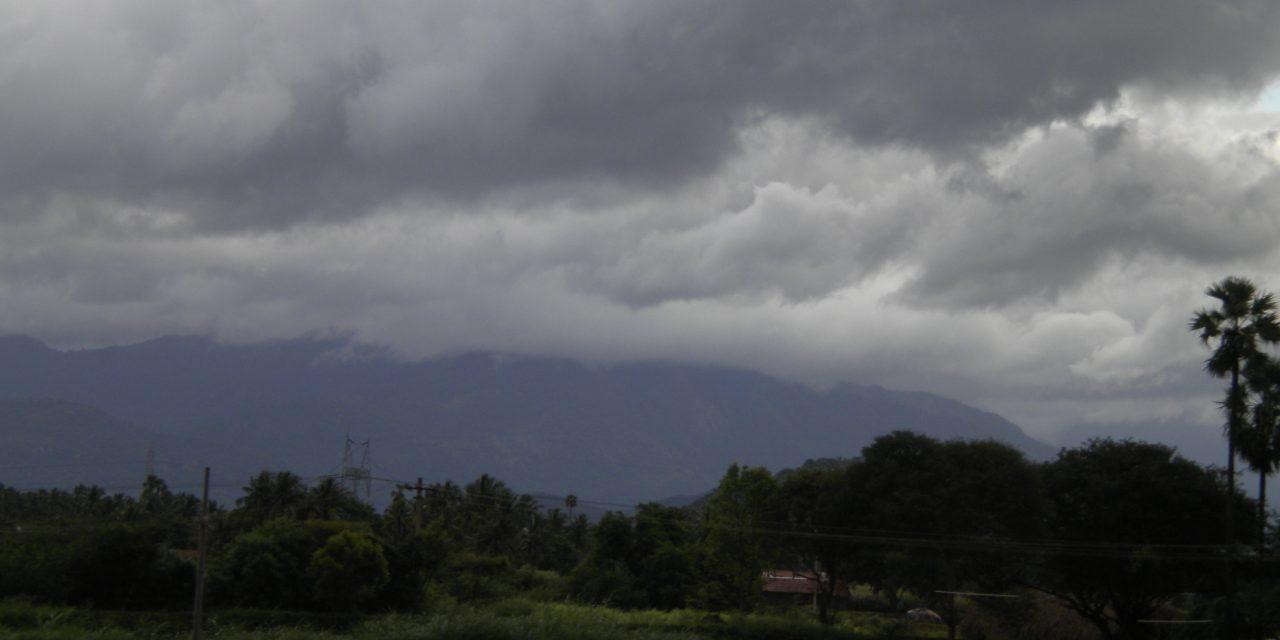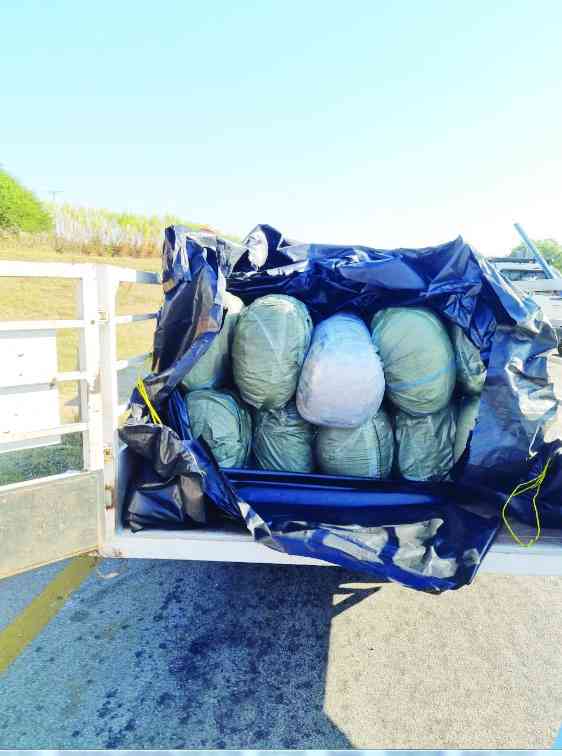
THE World Food Programme (WFP) says Zimbabwe is likely to have a good harvest given the good rains so far.
In its latest report titled Food Security and Markets Monitoring, WFP said farming operations such as land preparation and planting have started in most parts of the country, while government had also started distributing inputs to farmers, which has led to an increase in casual labour opportunities.
“If the rainfall season proceeds according to the national outlook with temporal and geographical distribution of the rains and equitable access to inputs being good, prospects of a good harvest are likely to be high,” the WFP report read.
“The outlook by the Zimbabwe Meteorological Services Department (MSD) showed high chances of normal to above normal rainfall from October to December 2022. According to the first MSD Zimbabwe bulletin, most parts of the country received rainfall ranging between 10 and 80mm with a few patches receiving above that.
“The possibility of a normal to above-normal rainfall season is likely to improve harvest prospects with all other factors being equal. Government has put in place measures to increase access to cropping inputs and also to stabilise their cost such as fuel and fertilisers, and this is likely to improve access by vulnerable households.”
This comes amid fears that millions of people in the country might experience hunger due to the devastating impact of climate change that has caused floods and cyclones, as well as droughts worldwide.
In April this year, United Nations Children’s Fund (Unicef) representative Tajudeen Oyewale said in Zimbabwe, if not mitigated, climate change would cause average temperatures to rise by about 3°C before the end of this century, with annual rainfall declining by between 5% and 18%, especially in the south, thereby affecting the country’s food security, health, energy supply and the economy.”
Early this month, Agriculture deputy minister Vangelis Haritatos said the country was food secure, with strategies already in place to avert hunger.
- Govt to distribute grain as hunger stalks millions
- Zim’s urbanites facing high prices
- 3,8m villagers face hunger
- Food crisis looms in Sadc
Keep Reading
Follow Lorraine on Twitter @RMuromo










